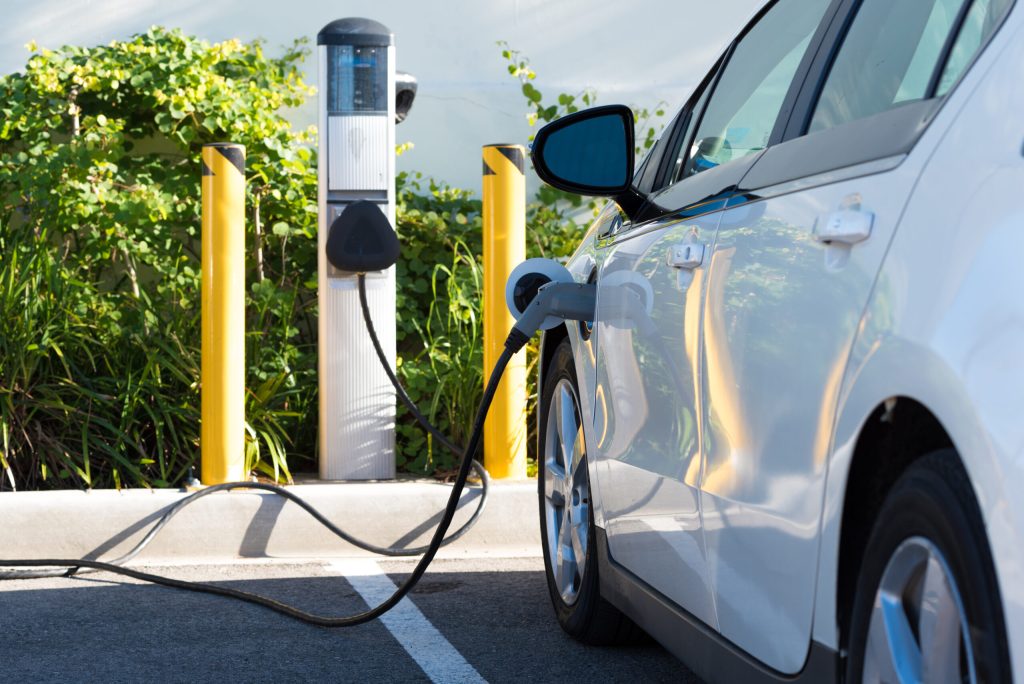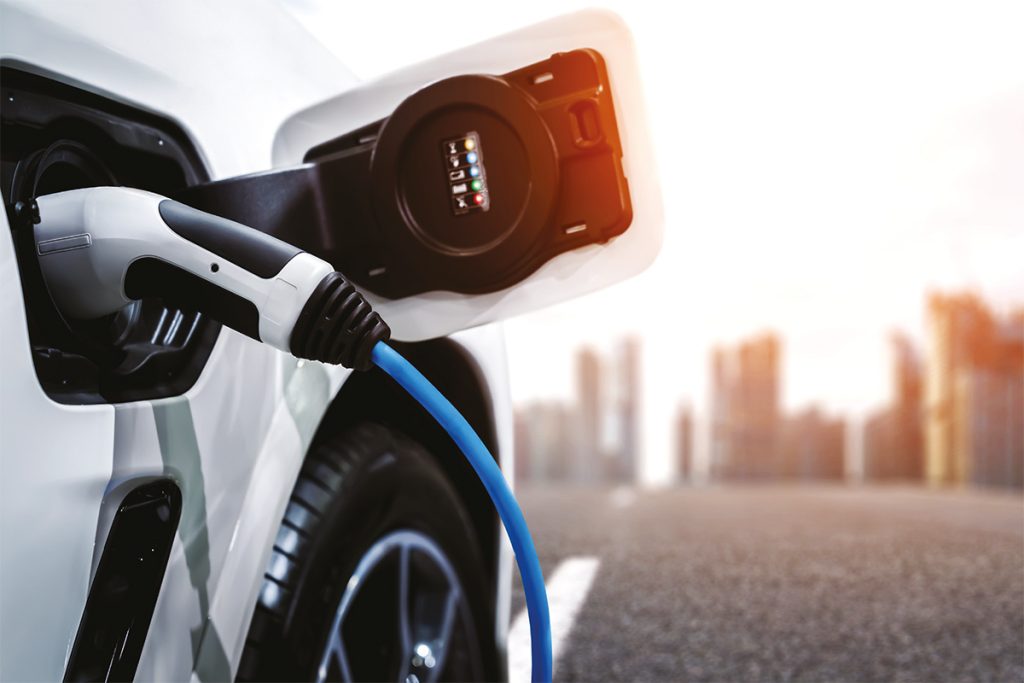electric vehicle chargers


electric vehicle chargers
Installing an electric vehicle (EV) charger at home can be a great way to ensure convenient and efficient charging for your electric vehicle. Here are the key steps and considerations involved in the installation process:
- Determine the Type of Charger: There are different types of EV chargers:
– Level 1 Chargers: These use a standard 120-volt outlet and are typically slower, suitable for overnight charging.
– Level 2 Chargers: These require a 240-volt outlet and can charge the vehicle much faster. They are ideal for home installations.
- Assess Electrical Capacity: Check if your home’s electrical system can handle the additional load. You may need to upgrade your electrical panel or wiring, especially for Level 2 chargers.
- Choose an Installation Location: Select a convenient location for the charger, typically in a garage or close to where the vehicle is parked. Ensure there’s enough space and that the area is well-ventilated.
- Hire a Qualified Electrician: It’s advisable to hire a licensed electrician who is experienced with EV charger installations. They can assess your electrical system, ensure compliance with local codes, and perform the installation safely.
- Obtain Necessary Permits: Depending on your location, you may need to obtain permits before installation. Your electrician can help with this process.
- Installation Process:
– The electrician will install a dedicated circuit for the charger.
– They will mount the charger on a wall or post and connect it to your electrical system.
– Testing the charger to ensure it is functioning properly.
This approach will ensure that the electrical system in the new addition is safe, efficient, and well-integrated with the existing home.
- Consider Smart Features: Some chargers come with smart features that allow you to monitor and control charging via a smartphone app, schedule charging times, and track energy usage.
- Costs: The cost of installation can vary widely based on the type of charger, electrical upgrades needed, and local labor rates. Generally, the total cost can range from a few hundred to several thousand dollars.
- Incentives and Rebates: Check for any local, state, or federal incentives or rebates available for EV charger installation, which can help offset costs.
- Safety Considerations: Ensure that the installation adheres to safety standards and regulations to prevent electrical hazards.
